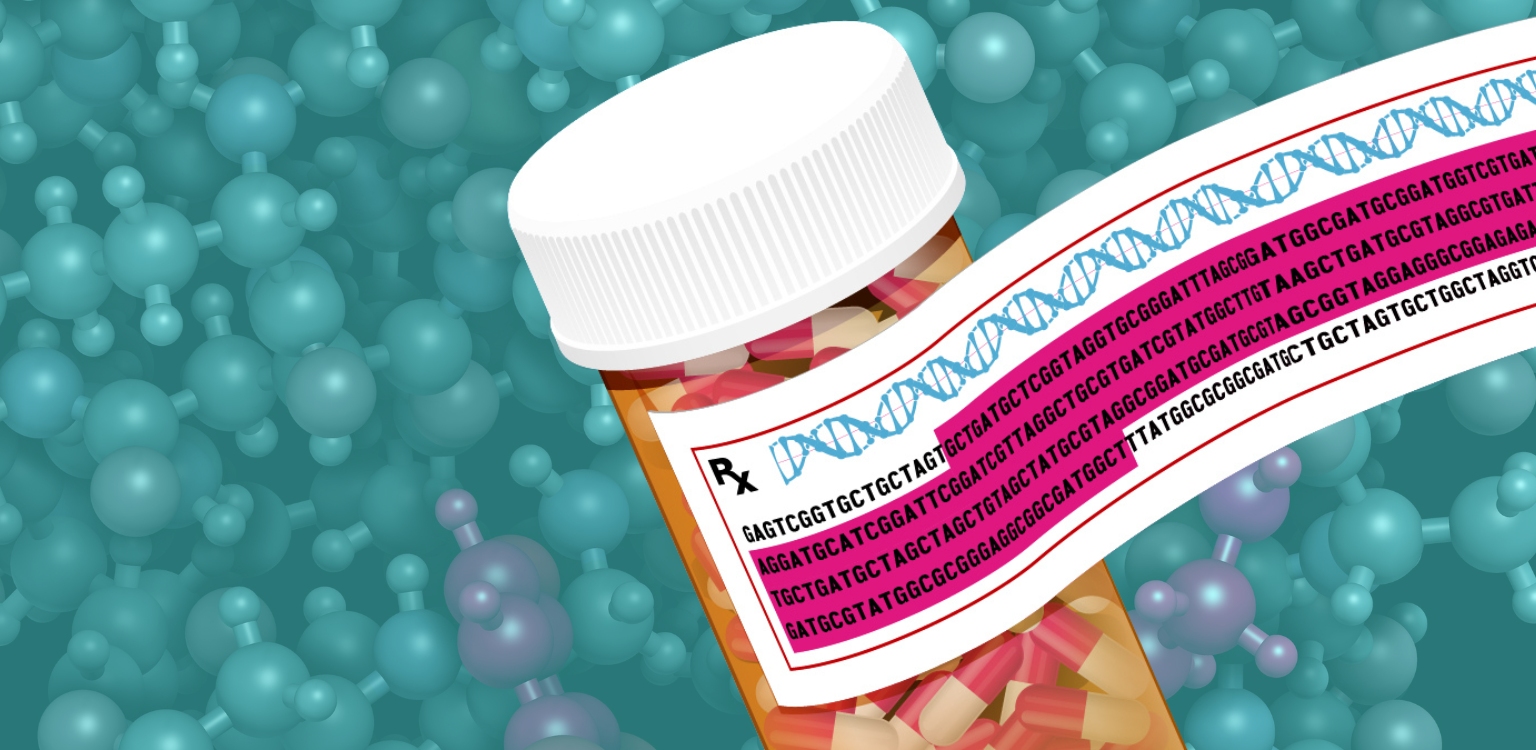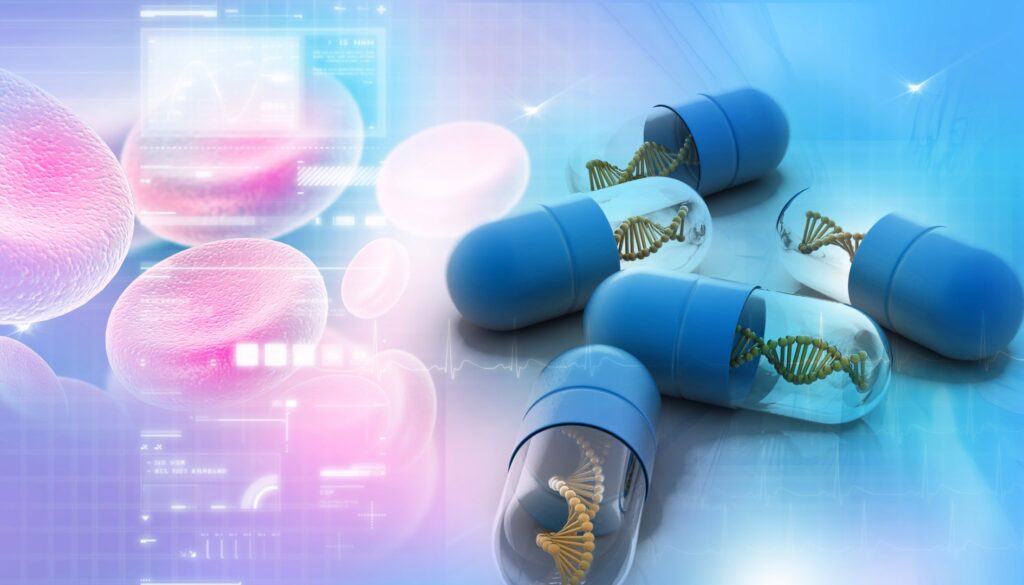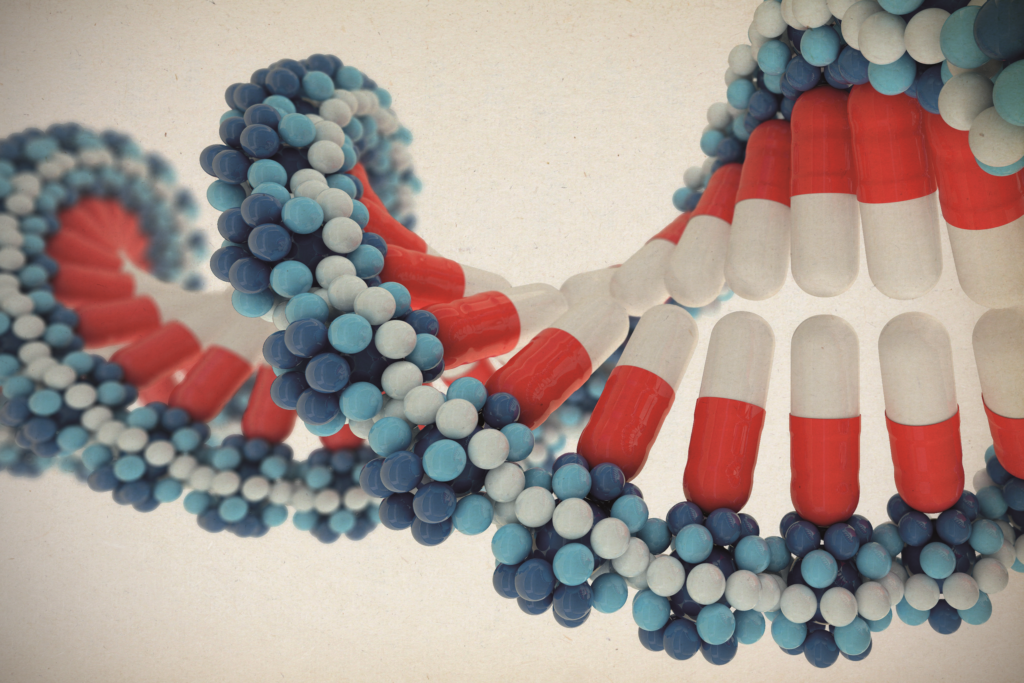Pharmacogenomics in oncology is a groundbreaking field that focuses on how an individual’s genetic makeup influences their response to cancer medications. By understanding the genetic variations that impact drug metabolism and drug-target interactions, healthcare providers can personalize cancer treatment plans to maximize efficacy and minimize side effects. This tailored approach holds immense promise in improving patient outcomes and revolutionizing cancer care.
Genetic polymorphisms play a crucial role in oncology pharmacogenomics by affecting the expression and function of enzymes involved in drug metabolism. For example, variations in genes like UGT1A1 and CYP2C8 can influence the metabolism of chemotherapy drugs, leading to differences in drug response among cancer patients. Understanding these genetic variations allows healthcare providers to optimize treatment regimens based on individual genetic profiles, enhancing the effectiveness of cancer therapies.
In oncology, pharmacogenomics can predict patient responses to chemotherapy drugs, enabling healthcare providers to identify individuals who would benefit from specific treatments while avoiding ineffective therapies and potential side effects. This personalized approach not only improves treatment outcomes but also enhances patient safety and quality of life during cancer care.
Furthermore, pharmacogenomics in oncology has accelerated the discovery of new drugs for rare diseases. By utilizing AI algorithms to analyze genetic data, researchers can identify potential drug targets for specific cancer types, leading to the development of targeted therapies that are more effective and less toxic. This approach has significantly reduced the time and cost of drug discovery, making it feasible to develop treatments for conditions that were previously challenging to address.
What are some examples of pharmacogenomic tests used in oncology ?
Pharmacogenomics is a critical component of personalised medicine, focusing on how genes affect a person’s response to drugs. In oncology, pharmacogenomics has the potential to revolutionise cancer treatment by tailoring drug therapy at a genetic level, ensuring maximum efficacy and minimal side effects. This blog post will discuss the application of pharmacogenomics in oncology, focusing on germline mutations and their impact on drug response.
Pharmacogenetics and Pharmacogenomics
Pharmacogenetics is the study of variability in drug response due to heredity, focusing on gene-drug interactions. On the other hand, pharmacogenomics comprises all genes in the genome that can define drug response.
Germline Mutations in Oncology
In oncology, germline genetic variations play a key role in cancer risk and treatment outcome. While somatic mutations are associated with molecular markers found in the tumor tissue, pharmacogenomics studies the genetic markers that have predictive value of outcome from pharmacologic treatment.
Current Pharmacogenetic Data in Oncology
The current number of well-known and studied drug-gene pharmacogenomic pairs in oncology is relatively negligible compared to other medical fields. However, examples of these pairs, such as dihydropyrimidine dehydrogenase genotype and fluoropyrimidine dosing, demonstrate the potential impact of germline mutations on drug response.
Fluoropyrimidines, such as 5-Fluorouracil (5-FU), capecitabine, and tegafur, are widely used in treating many cancers, including colorectal carcinoma, head-neck cancer, and breast cancer. Dihydropyrimidine dehydrogenase (DPD) participates in the 5-FU metabolism by converting up to 80% into inactive metabolites. It is encoded by the DPYD gene. Because of the great variety for DPD between individuals, different effects from treatment with 5-FU have been observed, including efficacy, resistance, and toxicity.
Pharmacogenomic Testing in Oncology Care
Pharmacogenomic testing has the potential to personalize chemotherapy drug dosing to maximize efficacy and safety. For example, fluoropyrimidines and irinotecan have well-known germline PGx associations. At some institutions, preemptive genotyping has been used to identify individuals at increased risk of adverse drug events (ADEs) and improve patient outcomes. However, the utility of this strategy for patients initiating anti-cancer regimens has not been previously evaluated.
Conclusion :
In conclusion, pharmacogenomics represents a groundbreaking approach in oncology, offering personalized cancer treatment strategies based on individual genetic profiles. By understanding how genetic variations influence drug metabolism and response, healthcare providers can optimize chemotherapy regimens to maximize efficacy while minimizing adverse effects. Germline mutations, such as those affecting enzymes like dihydropyrimidine dehydrogenase (DPD) in fluoropyrimidine metabolism, play a crucial role in predicting patient responses to specific cancer medications. Pharmacogenomic testing holds significant promise in identifying individuals at increased risk of adverse drug events and tailoring chemotherapy dosing to improve patient outcomes. Although the current number of well-studied drug-gene pharmacogenomic pairs in oncology is relatively small, ongoing research and advancements in technology, including AI algorithms, are expanding our understanding and application of pharmacogenomics in cancer care. Moving forward, integrating pharmacogenomic testing into oncology practice has the potential to revolutionize cancer treatment, paving the way for more effective, personalized therapies that enhance patient safety and quality of life.
Citations:
[1] https://www.linkedin.com/pulse/pharmacogenomics-ai-way-ahead-rameez-choudhari-gmtkf
[2] https://www.frontiersin.org/journals/pharmacology/articles/10.3389/fphar.2023.1260276/full
[4] https://www.sciencedirect.com/science/article/am/pii/S2589408019300195
[5] https://www.ncbi.nlm.nih.gov/pmc/articles/PMC9299079/
[6] https://biomarkerres.biomedcentral.com/articles/10.1186/s40364-020-00213-4
[7] https://www.ncbi.nlm.nih.gov/pmc/articles/PMC7750903/




